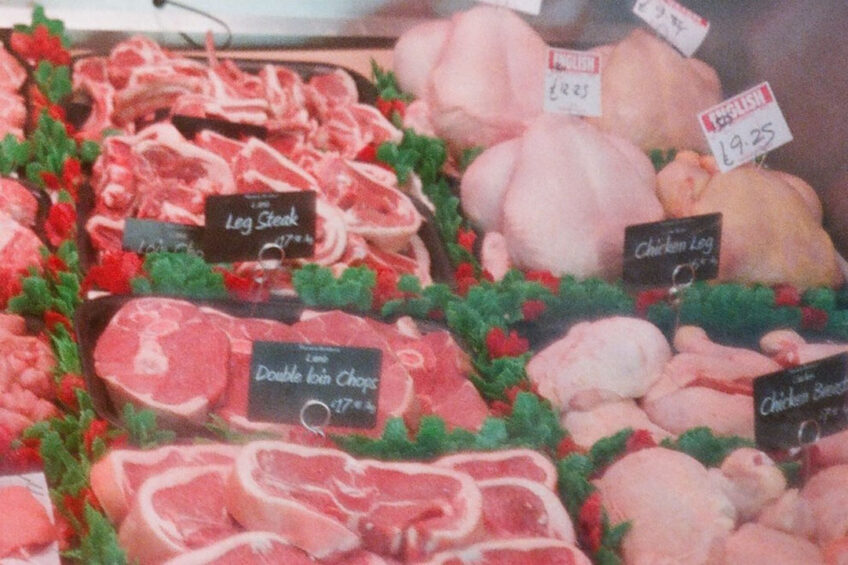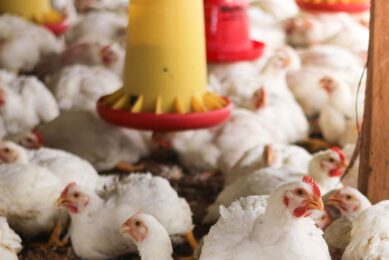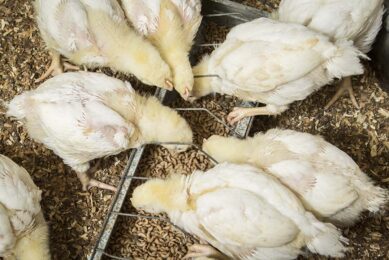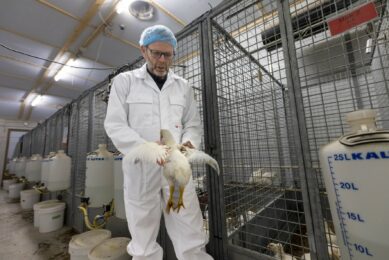Poultry consumer trends examined

Eliminating obstacles to the UK trading with the European Union should be a priority if the poultry sector is to benefit from increasing demand.
Philip Wilkinson, 2 Sisters Food Group executive director, told poultry producers at the recent National Farmers Union annual meeting in Birmingham that Europe needed 1.4 million tonnes more poultry in the next 5 years.
And the situation globally is even brighter for poultry production: “Global demand for meat protein will double in the next 30 years. And chicken is the meat protein which will feed the world,” added Wilkinson.
Ramifications from Brexit
At present, the UK poultry sector is still struggling with exports due to ramifications from Brexit, with a group of food industry bodies saying the UK’s departure from the EU has cost the industry £60 million (€71.4 million). It has prompted the sectors to make a renewed call for a veterinary agreement with the EU.
Rules on moving poultry between the UK, the EU and Northern Ireland are unbalanced and will remain so until a mutually beneficial sanitary and phytosanitary (SPS) agreement is secured, according to the British Poultry Council, which says that since January 2021, the UK has been subjected to a number of unreciprocated requirements, including international SPS controls and border inspections.
Vet shortages, queues and avian influenza
Richard Griffiths, British Poultry Council chief executive: “Government has continually expressed that the Trade and Co-Operation Agreement (TCA) allows British businesses to “trade freely” with the EU but this is not reflective in the real-world impact of third-country trading. From vet shortages to mile-long queues to Dover to trading under bird flu, it is clear the current system is not designed for third countries to trade freely with the EU.”
The Chartered Institute of Environmental Health (CIEH) backs the poultry sector, calling for the UK and EU to strike a veterinary agreement to “end the nightmare” of post-Brexit red tape hitting UK food businesses.
Traceability, quality and animal welfare
Commenting on the current domestic situation, Wilkinson said poultry was the most consumed meat in the UK, accounting for nearly 50% of sales, which is well ahead of beef at 23%. When choosing poultry meat, a shopper’s main drivers are currently traceability, quality and animal welfare.
“It’s not about cheap food; it’s about value for money. Farmers have grown more with fewer people. But who has benefited? It’s the consumer. In 1976, 25% of average earnings by an average person was spent on food. In 2020 this was reduced to 10%. Food is getting better and better value for money, but it must also have a positive return on the investment it takes to grow it.”
The National Farmers’ Union poultry session also heard from poultry board chair, Thomas Wornham, who spoke of 2 key challenges facing the sector, namely the impact of labour shortages, and avian influenza, which has now affected more than 100 premises in the UK.
Join 31,000+ subscribers
Subscribe to our newsletter to stay updated about all the need-to-know content in the poultry sector, three times a week. Beheer
Beheer








 WP Admin
WP Admin  Bewerk bericht
Bewerk bericht